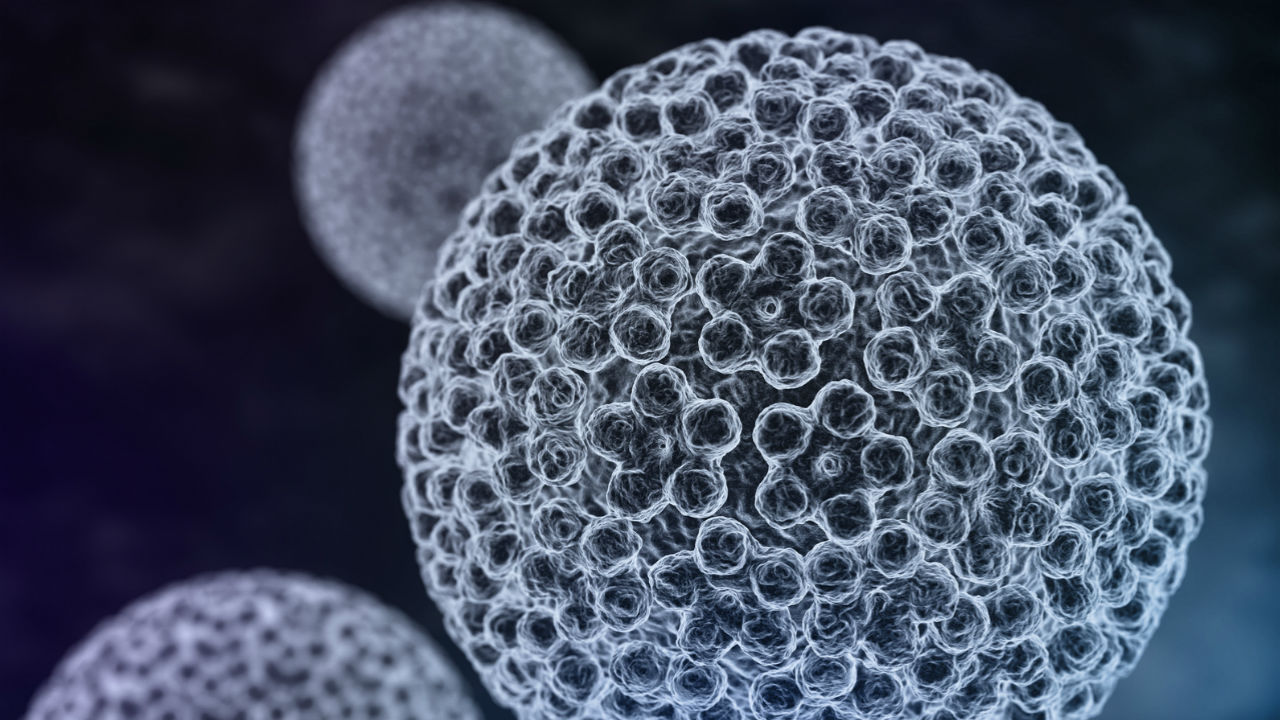 bokan/fotolia
bokan/fotolia
Sponsored and created by: Merck
September is Gynecologic Cancer Awareness Month – an important time to learn more about gynecological cancers and the impact they can have on the lives of women and their loved ones. Gynecological cancers are any type of cancer which develop in a woman’s reproductive system and include cervical, ovarian, uterine, vaginal and vulvar cancers. It is estimated that about 106,000 women will be diagnosed with a gynecologic cancer this year.
While no one wants to think about cancer, taking the time to get the facts is important.
For example, did you know that three of the five types of gynecological cancers (cervical, vaginal and vulvar cancers) can be caused by human papillomavirus (HPV), a common virus that affects most sexually active people in the US in their lifetime? While for most HPV clears on its own, there’s no way to predict who will or won’t clear the virus. Did you also know that although HPV-related cancers usually do not develop until later in life, many people who develop HPV-related cancers may have been exposed to cancer-causing HPV types in their teens and 20s? And women are not the only ones at risk, HPV can cause certain cancers and diseases later in life in both women and men.
In honor of Gynecological Cancer Awareness Month, get knowledgeable about your health! Start by checking out these 6 HPV facts, and learn more about HPV and its connection to certain cancers and diseases at HPV.com. Be sure to ask your doctor about ways to help prevent certain HPV-related cancers, including regular screenings and vaccination.
1. A virus causes virtually all cases of cervical cancer

Tatiana Shepeleva/fotolia
Fact: Unlike some other cancers, cervical cancer is not considered to be passed down through family genes. Instead, virtually all cases of cervical cancer are caused by certain types of human papillomavirus, or HPV. Although more than 40 genital types of HPV exist, only certain types can cause HPV-related cancers and diseases in both males and females. In the U.S., an estimated 35 women are diagnosed with cervical cancer each day -- about 12,900 women per year.
2. HPV can cause more than just cervical cancer

stillkost/fotolia
Fact: While many people have only heard about HPV as a cause of cervical cancer, certain types of HPV can cause other serious cancers and diseases in both males and females. In addition to nearly all cases of cervical cancer, HPV also causes 70-75 percent of vaginal cancers and 30 percent of vulvar cancers in women. Certain types of HPV can also cause anal cancer and genital warts in both men and women. Not all cases of vaginal, vulvar and anal cancers are HPV related.
3. HPV-related cancer can also affect men

Monkey Business/fotolia
Fact: Although certain types of HPV can cause cervical, vaginal, and vulvar cancers in women, men are also at risk from HPV. Specifically, HPV causes approximately 85-90 percent of anal cancers and approximately 90 percent of genital warts in both males and females.
4. HPV can be passed on even when an infected person has no signs or symptoms

Astarot/fotolia
Fact: Unfortunately, because HPV often has no signs or symptoms, many people who have the virus are not aware that they have it. That means someone can pass on the virus without knowing it. You can get the virus through any kind of genital contact with someone who has HPV, even if the infected person has no signs or symptoms — intercourse is not necessary but is the most common.
5. Most sexually active people in the US will get HPV in their lifetime

bokan/fotolia
Fact: HPV is very common. In the United States, approximately 85 to 90 percent of sexually active males and females will be infected with HPV in their lifetime. In fact, according to the Centers for Disease Control and Prevention, about 79 million Americans are currently infected with HPV, and around 14 million become newly infected each year. About 50 percent of these new genital infections occur in 15- to 24-year-olds. For most HPV clears on its own, but for those who don't clear the virus, certain HPV-related cancers and diseases may develop. There is no way to predict who will or won’t clear the virus.
6. There are things you can do to help protect against certain HPV-related cancers and diseases

javiindy/fotolia
Fact: While there’s no treatment for human papillomavirus (HPV) infection, there are ways to help prevent certain HPV-related cancers and diseases that can develop later in life. That's why it's important to learn more about HPV and talk with your healthcare provider about ways to help prevent the cancers and diseases it can cause, including regular screenings and vaccination.



